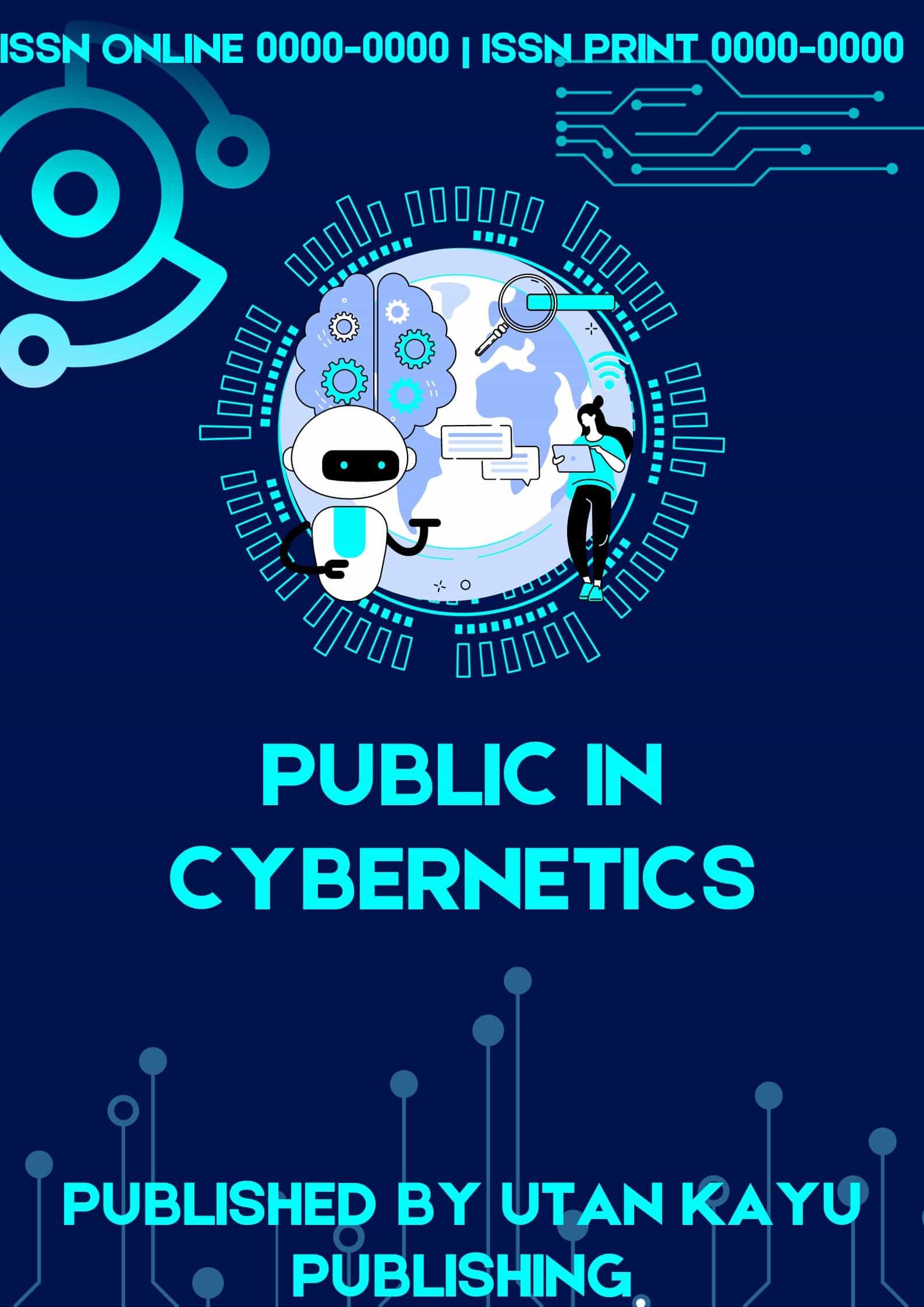| Journal Name | Public in Cybernetics |
| Abbreviation | PIC |
| DOI Prefix | - |
| Accreditation | Not yet accredited SINTA |
| ISSN | 0000-0000 |
| Frequency of Publication | 2x a year (June & December) |
| Cost | See APC |
| Publisher | Utan Kayu Institute |
| Indexing | Google Scholar | OneSearch | ROAD | Base |
Public in Cybernetics aims to share the latest developments in cybernetics and systems with a global audience of academics working in or interested in these areas. We bring together scientists from diverse disciplines and update them in important cybernetic and systems methods while drawing attention to novel useful applications of these methods to problems from all areas of research, in the humanities, in the sciences and the technical disciplines. Showing a direct or likely benefit of the result(s) of the paper to humankind is welcome but not a prerequisite.
We welcome original research that:
- Improves methods of cybernetics, systems theory and systems research
- Improves methods in complexity research
- Shows novel useful applications of cybernetics and/or systems methods to problems in one or more areas in the humanities
- Shows novel useful applications of cybernetics and/or systems methods to problems in one or more scientific disciplines
- Shows novel useful applications of cybernetics and/or systems methods to technical problems
- Shows novel applications in the arts
All submitted manuscripts are subject to initial evaluation by the editor and, if found suitable for further consideration, single-blind peer review by independent, anonymous expert reviewers.
Author benefits
Public in Cybernetics is abstracted and indexed in
The prestigious and experienced members of our international editorial board will help you if your submission can be accepted after some improvements.
Our Author Services page provides you with tips and tricks to promote your research on social media and through your network. This includes 50 free e-prints to share with anyone you wish.
Readership:
Computer and information scientists, systems managers, and researchers in fuzzy systems, as well as those involved in management, robotics, linguistics, artificial intelligence, operations, and political science.






